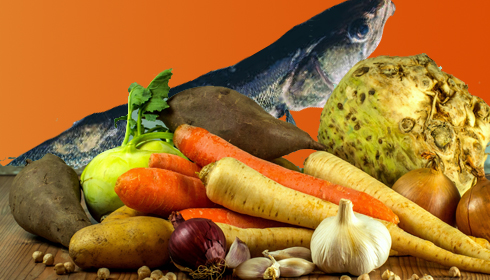
Contaminated foods kill over 4.2 lakh people globally each year: UN Agencies
According to two UN organisations, the Food and Agriculture Organisation (FAO) and the World Health Organisation (WHO), about 1.6 million people worldwide fall ill every day as a result of eating contaminated food, which kills approximately 420,000 people each year.
Dr Maria Neira, WHO Assistant Director-General, stated in a video message on the eve of World Food Safety Day, observed every year on June 7, that food safety has a direct impact on human health.
Pointing out that eating food contaminated with bacteria, viruses, parasites, or chemicals causes over 200 ailments ranging from diarrhoea to cancer, Dr Maria Neira in her video message said, “We tend to think about food safety only when we get sick, and we should think (about it) more often because foodborne diseases are entirely preventable.”
Stressing that no one should be allowed to die from eating food, she added, “Safe food allows the uptake of nutrients and promotes human development. These are preventable deaths.”
WHO has urged several sectors, including policymakers, to build effective national food safety systems that adhere to established criteria.
Also Read:
| - Food adulteration will be not tolerated: Health Minister |
Calling upon the food manufacturing companies to build "a food safety culture" with their employees, suppliers, and other stakeholders, the UN Health Agency official said that educational institutions and workplaces should promote safe food handling.
She also called upon the consumers to play a proactive role, including practising safe food handling at home and according to WHO standards, such as washing hands before making meals and using separate equipment and utensils, such as knives and cutting boards, when handling raw foods.
The Agencies informed that meanwhile, the FAO would develop a website called “Toolbox” to help the food industry fulfil international food hygiene standards while protecting consumer health and promoting fair practices in the food trade.
The agencies further said that the website would be developed in such a way that small companies and farmers in poor countries can access it via handheld mobile devices, which are significantly more common in these countries than laptops or other PCs.
The website provides personal hygiene advice, such as how to educate visitors approaching a food manufacturing site, the proper method and frequency for hand washing, and clothing choices.
"Going forward, the plan is to collect feedback and possibly expand the toolbox to provide more in-depth guidance for other sectors of the agrifood system, such as fisheries," the FAO said.